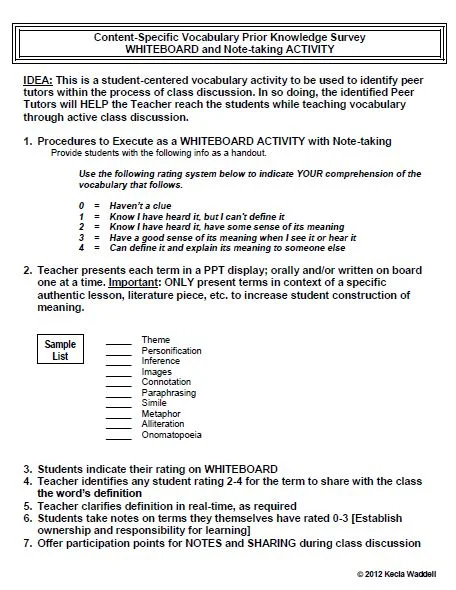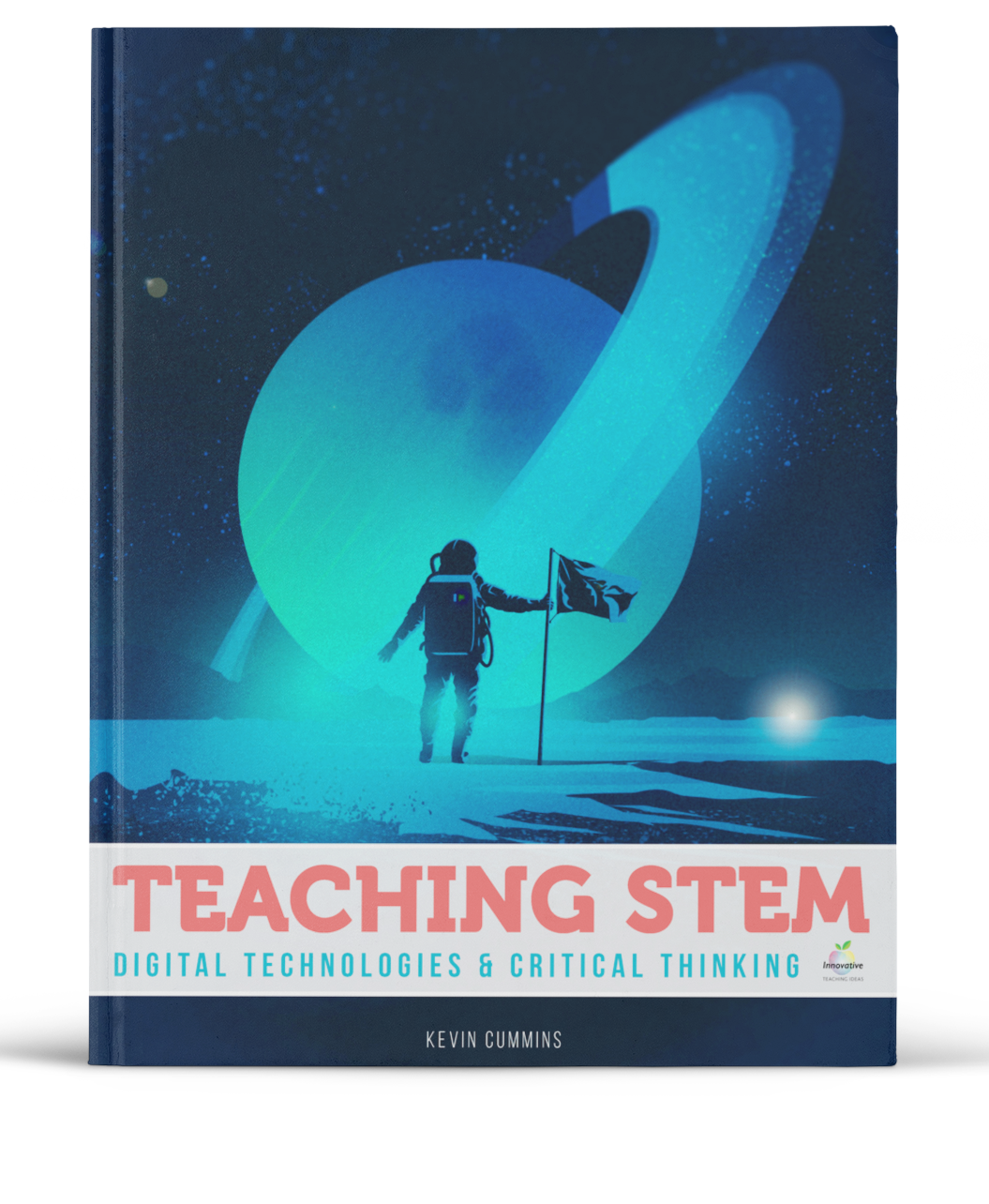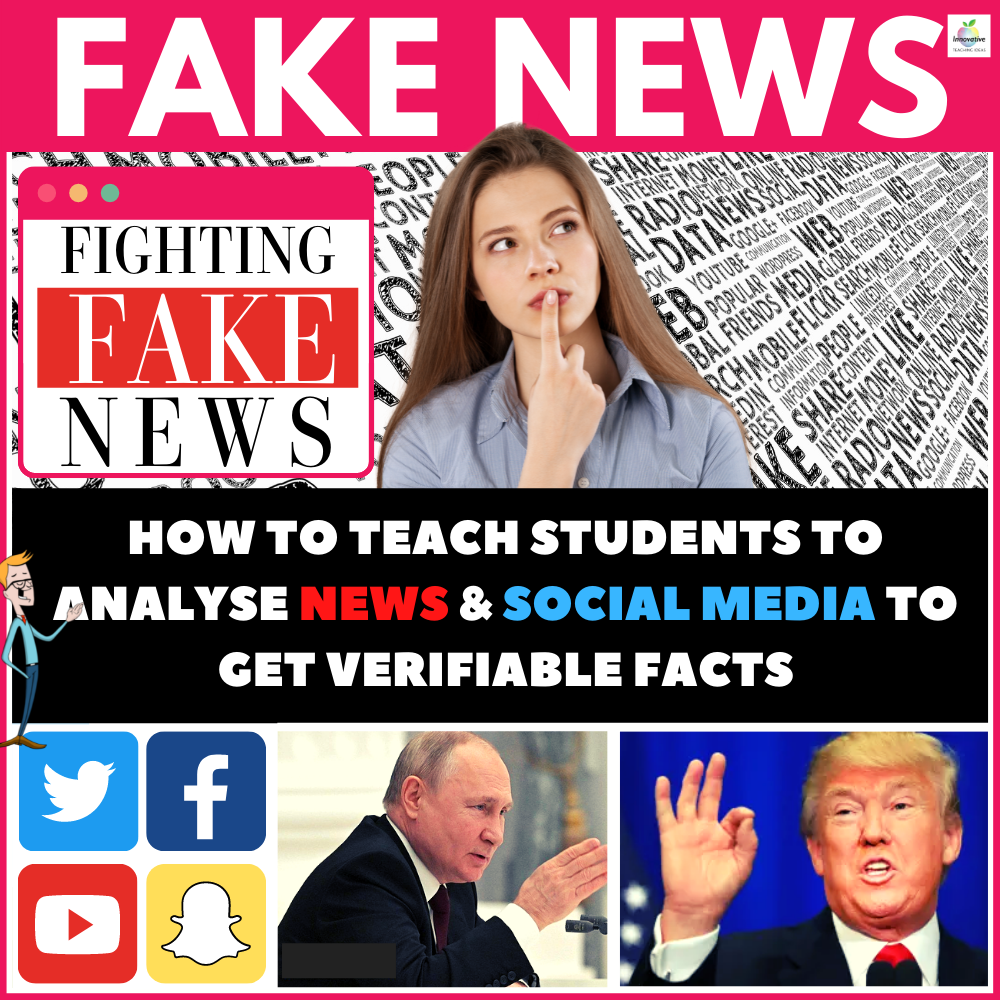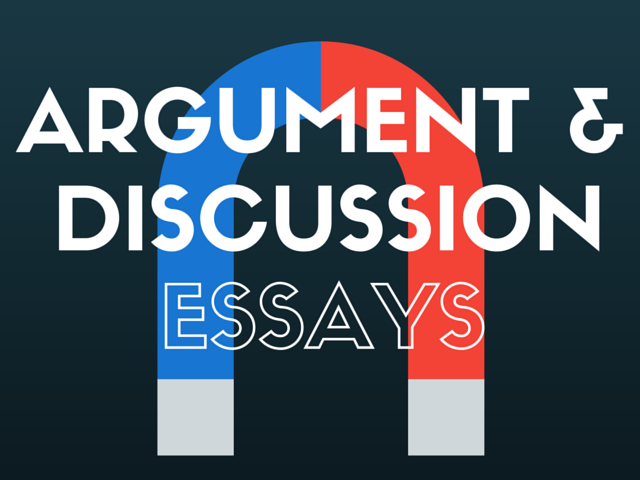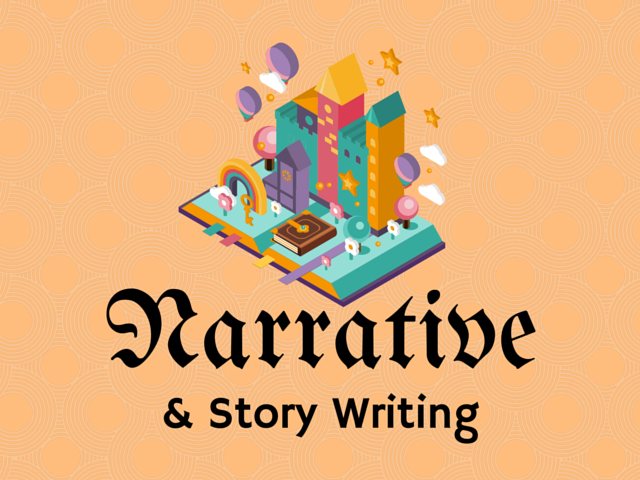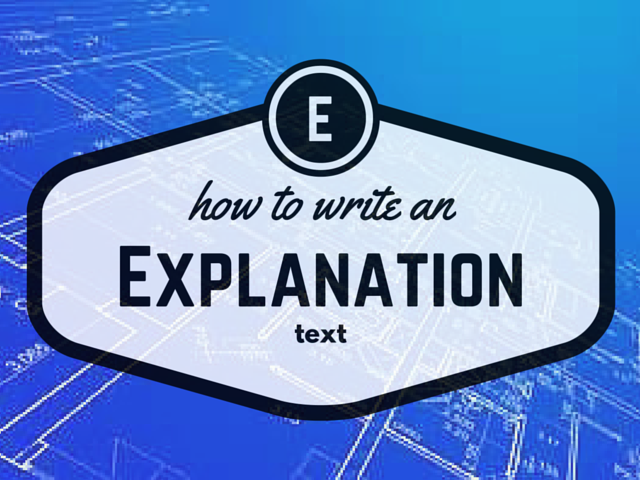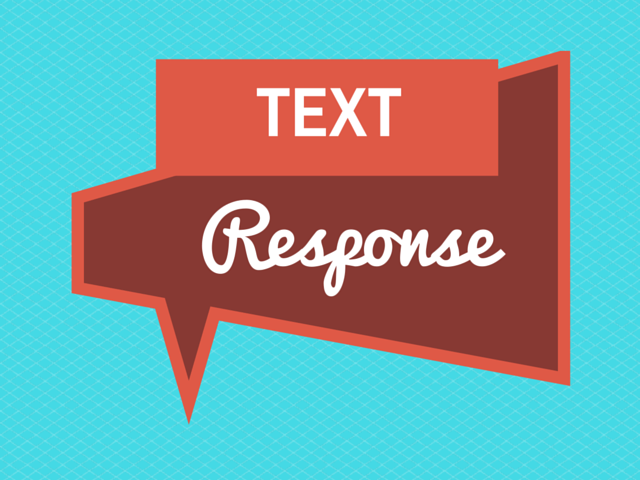Teaching the vocabulary of Charlie and the Chocolate factory
/Learning Intention / Overview
Understanding vocabulary in a text aids students in understanding events and concepts in a story. Using context clues from stories also ensures that students look closely at text and examine word meanings. Once students comprehend vocabulary they are better able to make connections in text and in conclusion better understand the story. This lesson will also provide students with the opportunity to practice using a thesaurus.
Methods / Teaching Strategies
- Group work
- Understanding Context Clues
- Thesaurus Practice
- Personalized Learning
Assessment of Learning
· Vocabulary Sheet (provided)
Click here to download the free lesson plan








